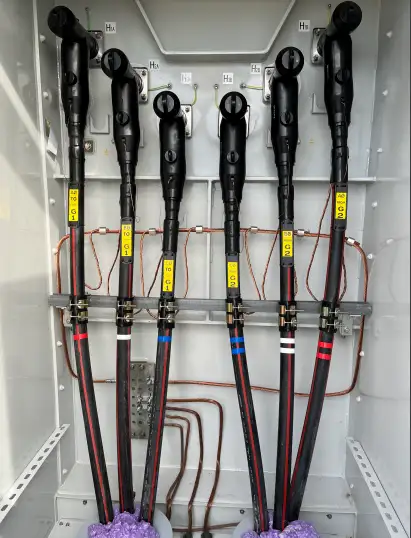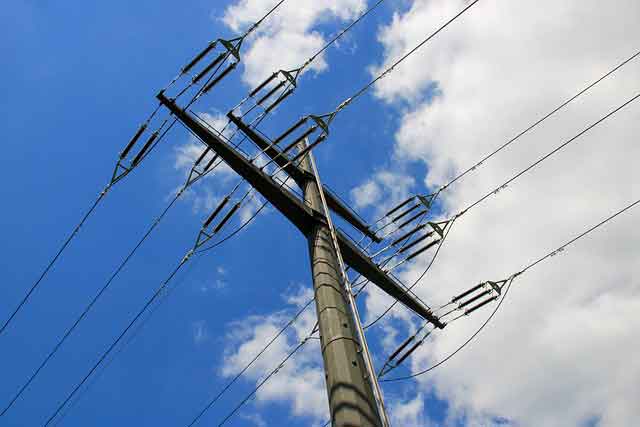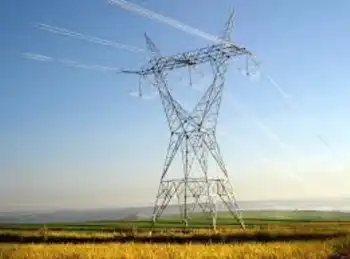Ontario paying the price for “rush to green”
By Globe and Mail
NFPA 70e Training
Our customized live online or in‑person group training can be delivered to your staff at your location.

- Live Online
- 6 hours Instructor-led
- Group Training Available
Yes, Ontario entered largely uncharted territory with the most ambitious alternative-energy strategy in North America. Sure, it was inevitable that a few mistakes would need to be corrected along the way. The price of moving urgently, and all that.
But the Green Energy Act is one of the centerpieces of Dalton McGuinty's second term. It's supposed to be pivotal to the province's economic and environmental future. And it asks Ontarians to shoulder higher energy bills over the next few years to subsidize the costs.
That being the case, Mr. McGuinty's Liberals needed to do their homework before moving forward. But as demonstrated this month by a pair of controversies, and as many Liberals privately concede, they were in too much of a hurry for that.
Of the two recent stories, a new moratorium on offshore wind turbines has received more coverage. The back-story is that the Liberals barely considered whether they even wanted offshore developments — as opposed to the ones on land — before allowing for them in their legislation. They were then caught off guard by the amount of interest from developers, and the vehemence of opposition in lakeside communities. Last year, they announced a five-kilometre setback requirement that they hoped would make the issue go away. Now, having decided that wasn't sufficient, they've ruled out offshore entirely — leaving in the lurch at least a couple of developers who were moving forward in good faith.
The story that's gotten less attention, though, is the more significant of the two.
Unlike offshore wind, solar power was always supposed to be a significant part of the green-energy plan. To that end, roughly 20,000 farmers were awarded contracts to place solar panels on their property. But just recently, about 1,000 of them — many of whom had already made related investments — were informed that the province currently lacks the transmission capacity to move forward with their projects.
That stands to create considerable bad will in corners of rural Ontario, especially because it's not the first time farmers have been given unpleasant news on this front. Last summer, they were told that rather than receiving 80.2 cents per kilowatt hour of solar power that they generated, they'd be getting only 58.8 cents. After a backlash, the government eventually settled on a compromise rate of 64.2 cents.
Somehow, the government didn't anticipate that the wildly inflated rate it's paying for solar — still about four times what it's paying for wind, which is itself at a premium — would find a great number of takers. The Liberals are now trying to spin that demand as a positive. But the transition and payment problems belie that argument.
While only a relatively small number of farmers have been badly put out, all Ontarians are paying some price. The province's long-term energy plan calls for $9 billion to be invested in solar, the bulk of it in the next few years — all so that solar can eventually comprise 1.5 per cent of the power supply mix. By comparison, wind power is supposed to make up 10 per cent of supply, at a cost of $14 billion.
In the long run, Mr. McGuinty hopes, the various foibles will become footnotes in Ontario's march to the front of the green-energy pack. And contrary to some of the triumphal commentary by his critics, neither the offshore about-face nor the solar confusion signal much retreat from that broad goal.
To be sure, governments have committed worse sins than moving too quickly on things they genuinely believe in. But the danger, for those who share their faith, is that the Liberals will ultimately set back the cause.
Ontario is something of a test case for this kind of green energy development. If it helps defeat Mr. McGuinty's Liberals in this year's election, and is subsequently de-prioritized by Tim Hudak's Progressive Conservatives, governments elsewhere could be wary of moving aggressively on it.
A more optimistic scenario, from an environmentalist's perspective, is that — whatever the fate of Mr. McGuinty's government — other governments are learning only that they need to proceed a little more cautiously. If so, residents of those jurisdictions might get the green energy without all the excuses.














